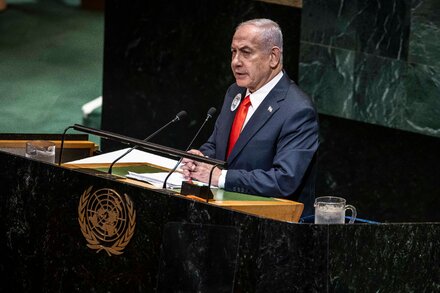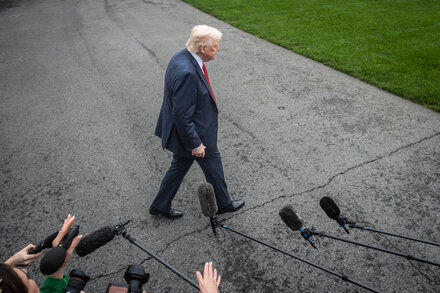
TEL AVIV – The potential for a major breakthrough in securing the release of Israeli hostages held in Gaza has emerged as a critical pivot point that could profoundly reshape Prime Minister Benjamin Netanyahu’s political standing.
Currently navigating a tumultuous political landscape marked by sustained public protests, a deeply divided society, and ongoing military operations, Netanyahu’s government faces immense pressure over the fate of the remaining captives. A successful resolution to the hostage crisis, a national priority for many Israelis, could offer a significant boost to his embattled leadership.
The Weight of Public Expectation
Since the October 7 attacks, the demand for the return of all hostages has become a unifying cry across Israel, transcending traditional political lines. Families of the captives, supported by a broad public movement, have maintained continuous pressure on the government, staging demonstrations and advocating for any deal that would bring their loved ones home.
“The hostage issue is not just a humanitarian crisis; it’s the beating heart of Israel’s national psyche right now,” said Dr. Tamar Hermann, a political sociologist at the Israel Democracy Institute. “For Prime Minister Netanyahu, demonstrating decisive action and success on this front is not merely an achievement; it’s an existential political necessity.”
Netanyahu’s approval ratings have largely languished amid public discontent over security failures and the government’s handling of the prolonged conflict. Critics have pointed to the slow progress in bringing hostages home as a central failing of his administration.
A Path to Political Redemption?
For a leader whose political career has been characterized by resilience and an ability to navigate crises, a successful hostage retrieval operation or a negotiated release could be a transformative event. Such an outcome would allow Netanyahu to position himself as the leader who delivered on a fundamental national promise, potentially uniting a fractured public, at least temporarily.
Political analysts suggest that a significant hostage release could deflect criticism, allowing his government to regain public trust and reframe the narrative from one of ongoing struggle to one of significant achievement. It could also provide much-needed political capital ahead of potential future elections or internal coalition challenges.
Challenges and Risks
However, the path to freeing hostages is fraught with immense challenges. Any deal involving prisoner exchanges or significant concessions to Hamas carries its own political risks, potentially alienating parts of Netanyahu’s right-wing base or members of his governing coalition.
“While the public overwhelmingly desires the return of hostages, the terms of any potential deal are critical,” observed Professor Eytan Gilboa, an expert in international relations at Bar-Ilan University. “Netanyahu would need to strike a delicate balance: securing the hostages’ freedom while avoiding concessions perceived as detrimental to Israel’s long-term security. The political dividend is high, but so is





